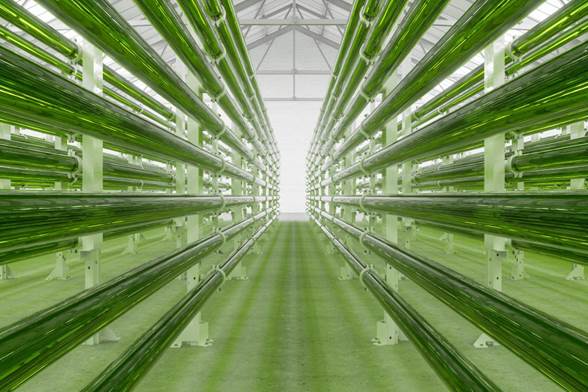Free Courses Sale ends Soon, Get It Now


Free Courses Sale ends Soon, Get It Now



Copyright infringement not intended
Context: India’s Reliance Industries Ltd recently released a short video on social media platform Instagram highlighting the cutting-edge algae-to-fuel technology it has developed. The company has been successfully running large algae raceway ponds the last five years at their facility near Jamnagar, to convert sunshine, CO2 and seawater into bio-oil.
Details:
Challenges:
Solutions:
https://www.downtoearth.org.in/blog/renewable-energy/will-algae-biofuels-become-viable--85096
© 2024 iasgyan. All right reserved